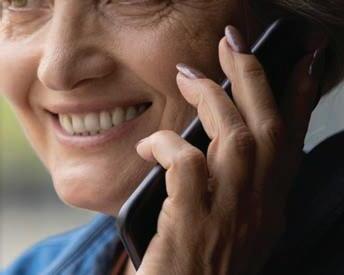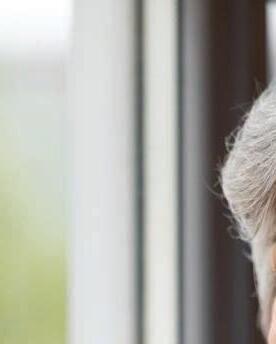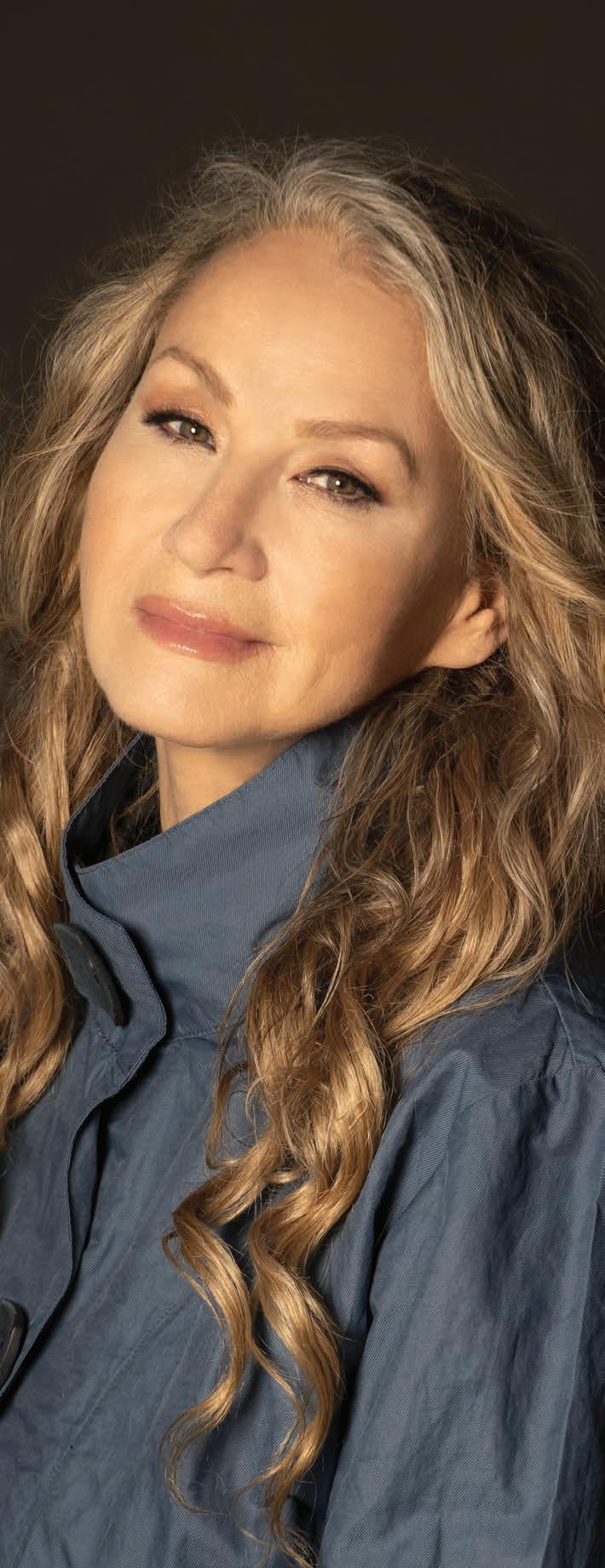
3 minute read
FREEDOM. TO BE YOU.
Call 1-844-823-0293 sions o cer at the University of Colorado Anschutz Medical Campus to see what it would take to have a decent application.

“She told me, “Don’t bother, you’re too old,’” Bortz said. She was 27 at the time.
A few years later, Bortz took steps toward legal action against the medical school for gender discrimination, causing the institution to eliminate their gender quota and start enrolling more women. Decades after that, Bortz became part of the medical school’s admissions committee and continued working to bring more gender equity to the institution.
Bortz got her master’s degree in social work from the University in Denver and began practicing as a clinical therapist. In this role, she saw many female clients and started to connect the dots between mental health, education and housing.

“Two-thirds of all people who came into the mental health center at that time were women,” Bortz said. “And they were women who had, due to divorce, desertion, separation, whatever, debt, they were on their own… So we started the programs for women at the college, so that they could gain some skill to support themselves and their kids.” e Libby Bortz Assisted Living Center, the rst assisted living center in the U.S. to be built by a public housing authority, is named after her.
Bortz developed courses and programs for women at Arapahoe Community College and helped ACC open a women’s resource center. She also provided leadership to other colleges throughout Colorado to start similar programs.
In addition, Bortz started to see how housing played a role in people’s well-being. She helped her city begin the Littleton Housing Authority, now known as South Metro Housing Options, one of the rst housing authorities in Colorado. She provided leadership for the housing authority for 47 years and served as rst chairperson of the Colorado Association of State Housing Authorities.
“ e opportunity to have decent housing, to live in a community where you feel you can be productive and safe, to have an education that allows you to certainly earn a decent living as well as giving you some satisfaction and pride — I think that’s what having an educated heart means,” she said.
In her work in criminal justice, Bortz sat on a local committee that focused on the needs of victims, speci cally working to help women who were victims of domestic violence and other crimes.
She also sat on the Littleton Council for Human Relations, a group that worked towards integration in Littleton and brought Dr. Martin Luther King Jr. to Littleton in 1963. rough her work in mental health, education, housing, criminal justice and civil rights, Bortz saw connections.
“I see the whole, everything I’ve done, as a montage that belongs together,” she said.

Even when she was rejected for her own credit card, she saw how it connected to other areas of justice and equality.
“ e answer always was, ‘Your husband has a credit card in his name. What do you need one for?’” she said.

She wrote a letter asking the president of the company if he didn’t trust his wife with expenditures. e next thing she knew, she was approved for the card.

“If you don’t have credit, as a woman or anyone doesn’t have credit, you know that it’s hard to buy some things,” she said. “It all comes together, and that’s good mental health.”
Breaking the mold
Bortz received plenty of criticism for her work throughout her life.

When she ran for a county commissioner position in Arapahoe County and during her work to further civil rights, she received threatening phone calls, one telling her she’d be “terribly sorry” for what she was doing. rough the challenges she faced, Bortz found strength to forge forward because she knew she was doing the right thing.
“Women were supposed to know their place, and I broke that mold,” she said. “I just felt that what I was doing was humane. It was right. at we deserved whatever opportunities might be out there to try for.”
Bortz said her mother was an inspiration to her as she worked towards justice and equality.
“My mother was a good role model for persistence about doing the right thing,” she said. “And it was right to try to have people have choice about where they live. It was right to have schools re ect the whole world.”
With humility, Bortz noted that she worked throughout her life with many other people ghting for justice.
“I found a group of like-minded people — you need that if you’re going to be a pioneer,” she said. “Certainly, there were many of us who paved the way.”
Bortz said she was honored to be chosen for the Colorado Women’s Hall of Fame, as it acknowledges so many women who have made e orts to provide opportunities for everyone.
“When you value doing the things that you know make this a better world, then go for it, ght for it,” she said. “And if other people don’t always agree, that’s okay for you to keep at it... Do what you believe is the right thing to do.”







